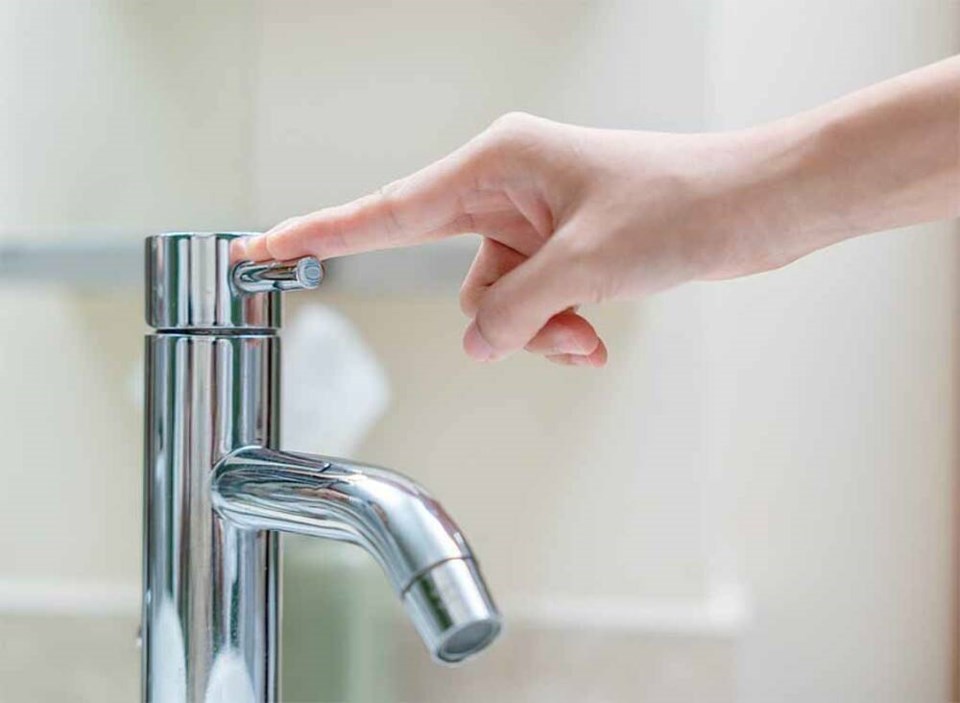If you don’t like what you’re being charged for utilities in the City of Delta, try signing up to have a water meter installed.
That was the response from staff to a recent letter writer to council. Upset with the charges, the homeowner said their annual bill should be even lower as they are a single occupant of a home.
The staff memo notes the resident was asked to consider the city’s voluntary water meter program.
Under the program the property is installed with a water meter at no charge to the homeowner and it can “provide an equitable way to charge for water because the charges are based on the actual consumption.”
For the first year, the water charge will not exceed the flat rate. However, for every year thereafter, the water charge will be based on the amount of water consumed at the applicable water meter rate.
Engineering Director Steven Lan told the Optimist that the city now has meters in more than 9,000 homes and businesses. Over the last several years, the city has installed approximately 400 residential water meters annually.
A change introduced seven years ago for the city’s secondary suite program, meanwhile, makes it mandatory for homes with secondary units to be hooked up to water meters.
Previously, homes with suites that generate an income for the owners were charged two utility fees.
As far as the city’s latest utility bill, that has gone up again with water accounting for the biggest share.
Delta council late last year agreed to an increase to the 2023 flat rate utility bill by a total of $71, or 5.96 per cent, to $1,262 for 2023.
As far as the city’s water rates, the flat water rate for a single-family home increased by $18, or three per cent, to $630 for 2023.
The 2023 metered water rates increased by a similar percentage.
The metered rate increased for 2023 went from $1.12 per cubic meter, for the first 125 cubic meters per quarter, to $1.18, while the per cubic meter charge thereafter increased from $1.54 to $1.61.
The minimum quarterly charge is still $25.
Delta’s 2023 net water budget is $33.1 million, a 5.7 per cent increase over 2022.
Water is purchased by Delta from Metro Vancouver’s Greater Vancouver Water District (GVWD) which sells bulk water to all member municipalities by charging a higher rate from June 1 to Sept. 30, known as the peak period, and a lower rate from Oct. 1 to May 31, the non-peak period.
The practice was introduced in 2008 to encourage water conservation.
A Delta staff report notes that since 2020, the non-peak water purchase rate has remained unchanged, however annual increases in the peak rate have taken place. The 2023 peak rate increased by 5.4 per cent.
Delta’s 2023 cost for purchasing water from Metro Vancouver was estimated to increase by approximately $1.4 million, or 6.8 per cent. Delta’s water operations include repairing water main breaks, water main flushing, water valve maintenance, fire hydrant maintenance and other items. Those costs are offset by water service connection fees, inspection fees and other charges.
The 2023 net water operations budget, excluding Metro Vancouver, was expected to increase by about $ 100,000, or 2.2 per cent, over 2022, mainly due to increased contractual obligations.
Meanwhile, the water capital program has funding for water infrastructure renewal including watermain replacements, pump stations, water meters and various other water capital items.
The annual capital contribution is $6.5 million, but that is now bumped up by $300,000, or approximately five per cent, to keep up with inflationary cost pressures and escalating construction costs.
As far as what farmers are charged, the water meter rate for the first 8,000 cubic metres per quarter is set at the 2023 GVWD peak water purchase rate of $1.10 per cubic metre, up 2022. That still provides a cost savings for the majority of soil-based farmers as the rate is lower than the regular metered water rate. The rate for consumption above the threshold also increased.



